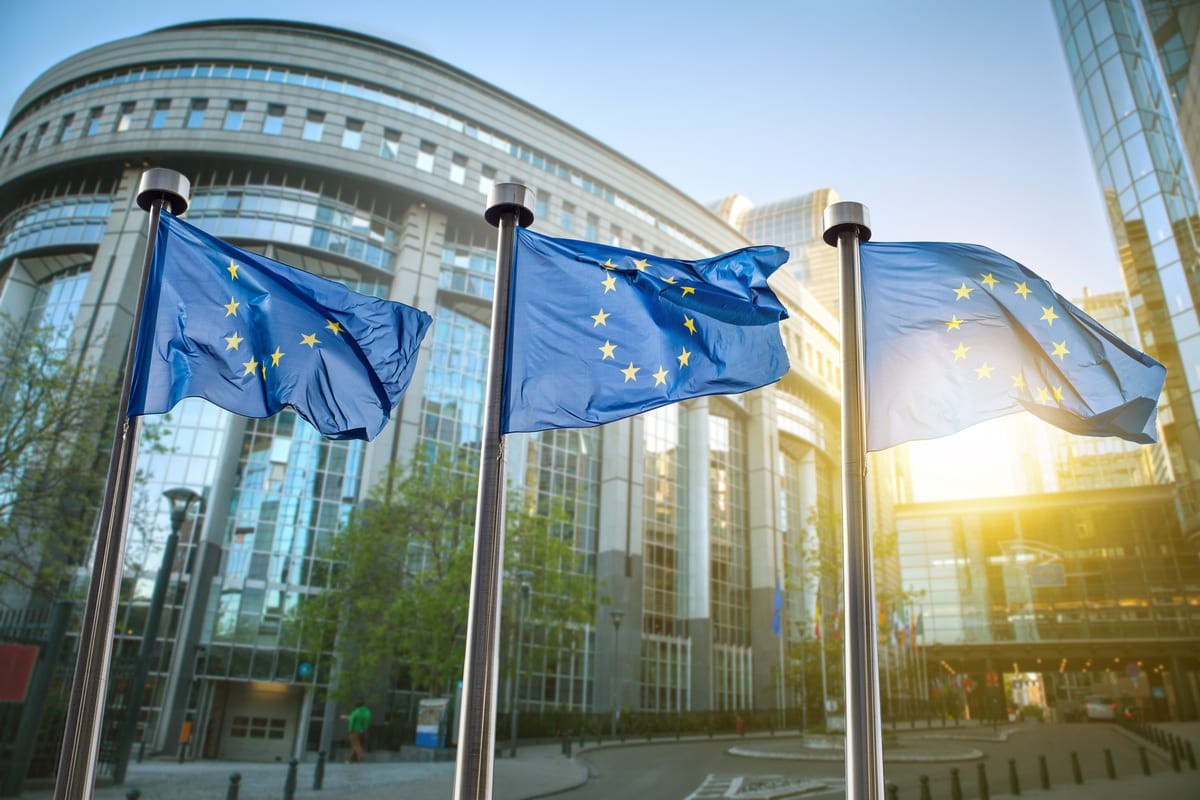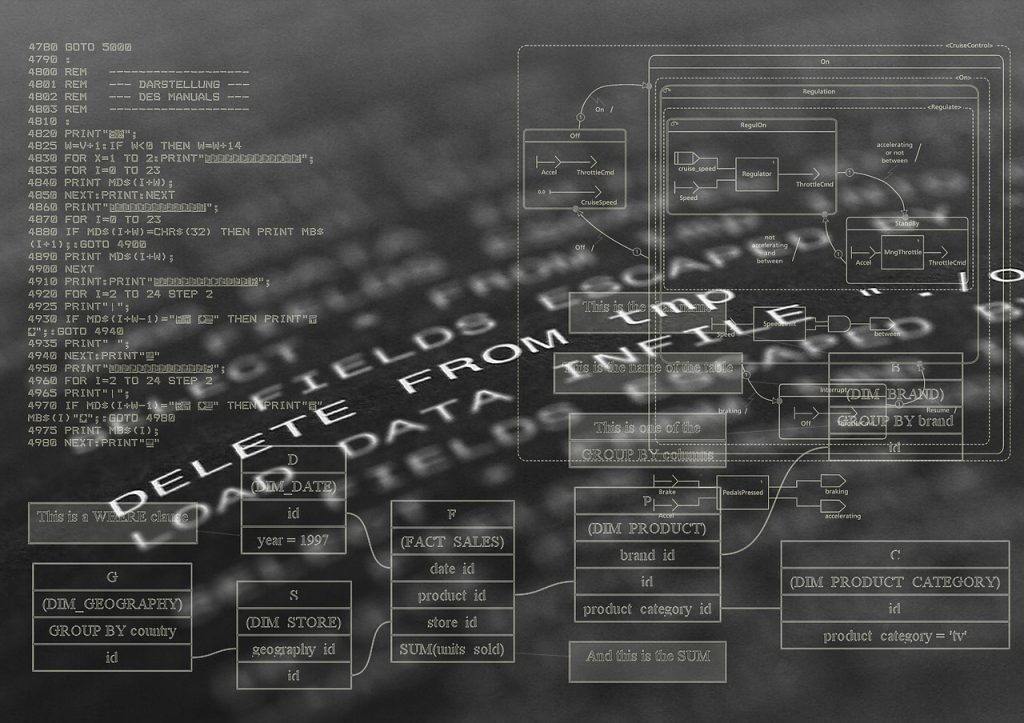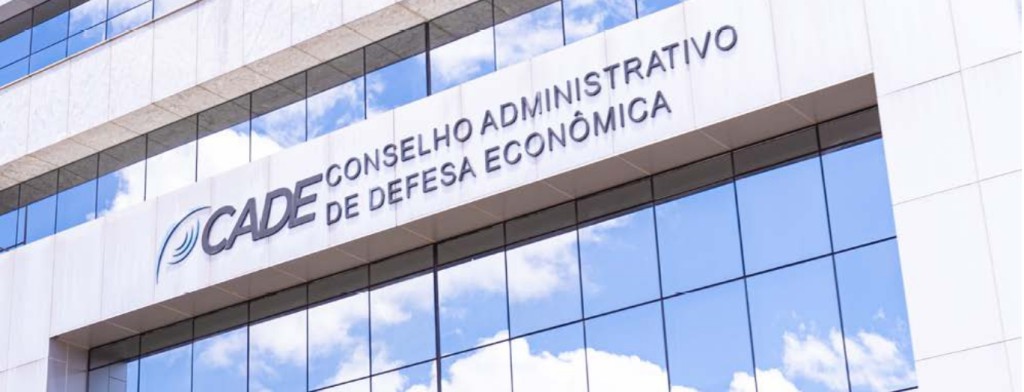
Limits of the Brussels Effect in the European Digital Markets Act
*This is an AI-powered machine translation of the original text in Portuguese.
** Originally published in JOTA.
Over the past few years, there has been ongoing discussion about the existence and frequent occurrence of a political-commercial phenomenon known as the Brussels Effect. This term refers to the European Union's (EU) ability, with its headquarters located in Brussels, to promote global regulation of economic sectors through the promulgation of internal regulations, whose formal application is restricted to the jurisdictional territory of the EU.
In other words, the Brussels Effect pertains to the EU's power to enforce global regulations, such that the international commercial and regulatory environment aligns with the standards set by the Union. This effect is evident in various global economic sectors, impacting regulations related to environmental protection, antitrust laws, and notably in the digital sector.
From a theoretical perspective, the Brussels Effect has five qualities that determine its occurrence: market size, regulatory capacity, stringency of regulatory standards, fixed objects, and (in)divisibility. These dynamics create a scenario where the size of the consumer market exerts an attractive force on companies, allowing jurisdictions with the political will to establish restrictive regulations (if they have the regulatory capacity to do so) to condition market entry through norms that are unavoidable for companies due to the type of regulatory object adopted (e.g., the consumer market), which tends not to allow circumvention of the norm (inelasticity of the object) by the regulated entities.
The phenomenon manifests in two forms, termed de facto and de jure.
The de jure Brussels Effect refers to the convergence of regulations worldwide with those previously promulgated in the EU when local political agents emulate or internalize European regulations. Thus, the de jure Brussels Effect generates regulations around the globe that resemble those of the EU.
The de facto Brussels Effect refers to the reaction of regulated entities whose activities extend beyond the EU's jurisdiction and who choose to align their global operations with European legislation. Thus, it is not conditioned by the legislative actions of states.
A notable example of the Brussels Effect occurred with the implementation of the GDPR (2018), when data processing agents made changes to their data protection practices to comply with EU regulations.
In this context, many companies made global adjustments, even explicitly stating that they would apply GDPR-based privacy settings to all their users regardless of territory, expanding European legislation to individuals worldwide. In this scenario, it has been suggested that regulations from the European Union, especially those concerning the digital sector, would inevitably be incorporated into other jurisdictions, including Brazil – either through de jure methods as seen with the approval of the LGPD or through de facto means via changes in private sector behavior in response to European regulation (GDPR).
However, this prediction has not materialized concerning the European Digital Markets Act (DMA). On September 6, 2023, the European Commission classified twenty-two services offered by six companies, which were designated as gatekeepers. The DMA imposes additional obligations on these gatekeepers, including data portability, non-discrimination, joint service provision, and periodic reporting duties, with the regulatory aim stated by the norm being to ensure “contestability and fairness of markets in the digital sector” (Article 1).
If the de facto Brussels Effect had materialized, the expectation would be to see companies classified as gatekeepers under the DMA extend these obligations to their global practices. However, this has not been observed. An additional necessary condition for the de facto Brussels Effect to occur is the regulated entity's ability (or lack thereof) to divide its operations globally. There are two possible base scenarios: 1) Indivisibility of activities, characterized by the inability to segment activities for legal or technical reasons, in which case the de facto effect tends to occur. 2) Divisibility of activities accompanied by factors that incentivize (or do not) segmentation, such as technical complexity, costs, etc., in which case the occurrence of the de facto effect becomes a value judgment – whether 'it is worth' dividing global activities.
Due to the DMA's impositions, all gatekeepers (Amazon, Apple, Google, Meta, Microsoft, and TikTok) published compliance reports explicitly mentioning the exclusive application of these practices to the EU jurisdiction. Despite this change imposed by the DMA, all agents opted to separate the European market from others. In other words, all companies that could have chosen to extend the DMA rules to their global activities decided not to, limiting the regulatory changes to the EU and thus failing to propagate the de facto Brussels Effect.
Therefore, contrary to the widely held belief about a quasi-deterministic relationship of European regulation on the actions of economic agents in other jurisdictions such as Brazil, it must be acknowledged that the de facto Brussels Effect of the DMA has not materialized. This absence of the de facto effect is also accompanied by criticisms of the regulatory model, which, from a de jure perspective, have emerged in Brazil.
In Brazil, Bill 2768/2022 is in progress, with justifications explicitly demonstrating its inspiration from the DMA, stating that “it is appropriate to introduce regulation in line with the European Commission.” During the process and discussion of the bill, it is crucial to evaluate the effects that the proposed norm, if effectively incorporated, will have on the regulated agents, prospectively assessing how such a proposal will shape the behavior of relevant actors in the respective sector (regulatory impact analysis).
Therefore, before concluding that a specific regulatory model should be followed – and before declaring the occurrence of the de jure Brussels Effect in the country – it is prudent to promote comprehensive debates on the convenience of emulating the provisions of the Digital Markets Act in Brazil in light of not only the obligations established by the norm but also the practical effects anticipated with its application and the national antitrust tradition that often diverges from the positions of analogous European authorities.



